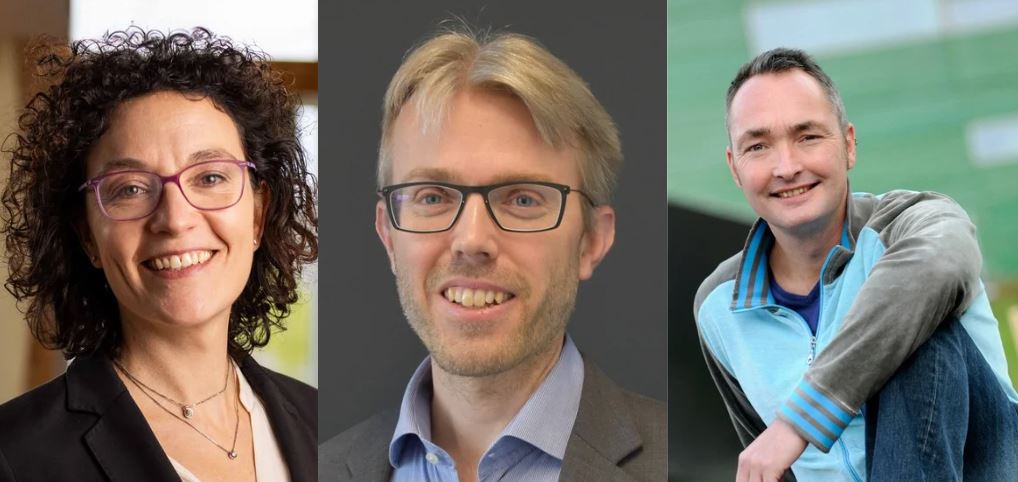Dutch Research Agenda funding for nanomedicine research
Prof Dr Anna Salvati, Dr Christoffer Åberg and Prof Dr Siewert-Jan Marrink of the Faculty of Science and Engineering (RUG) have been granted a National Science Agenda (NWA) funding to further develop life-saving drugs based on nanotechnology with the NanoMedNL consortium. The research project will receive a EUR 6.7 million NWA grant. Salvati and Åberg will receive EUR 790,000 and Marrink EUR 320,000.
Prof Dr Enrico Mastrobattista of Utrecht University is the coordinator of the consortium, which consists of a wide range of partners, from universities and teaching hospitals to patient organisations and SMEs.

Co-creation
NanoMedNL will take a new approach to nanomedicine development, incorporating input from various stakeholders (patients, the general public, policymakers, clinicians and scientists) from the start. This co-creation approach will ensure that future nanomedicines better meet the needs of patients and that all stakeholders are well informed about the possibilities and limitations of nanomedicines.
Targeted action of nanomedicines
Åberg's research is concerned with fundamental scientific aspects of nanomedicine and, together with Marrink and other partners of the consortium, will investigate how nanomedicines bind to cells in the human body. For this, he will study how nanomedicines interact with the outer cell membrane and how this can be controlled to better target diseased cells and spare healthy ones. At the same time, Marrink will perform advanced computer simulations of how nanomedicines reach their target in the cell.
Standardisation in nanomedicine research
Salvati will work with other consortium partners to develop new methods for nanomedicine characterisation. These methods will be tested throughout the consortium to ensure that they produce reproducible results and eventually evolve into detailed standard operating procedures. Collaborating with relevant stakeholders, such as regulators, during method development will free up time for smoother nanomedicine approval.
Read more
-
NWA-ORC funding for new online center for development of nanomedicines (Utrecht University)
-
Fourteen consortia receive funding in the NWA ORC round 2024 (NWO news)
More news
-
17 February 2026
The long search for new physics
-
10 February 2026
Why only a small number of planets are suitable for life
